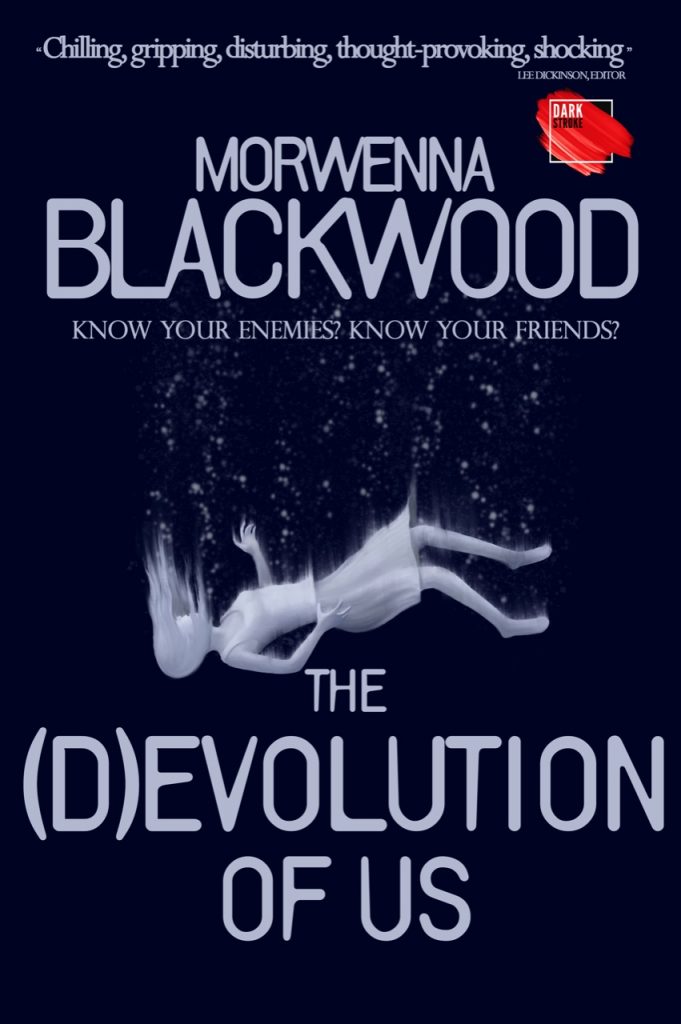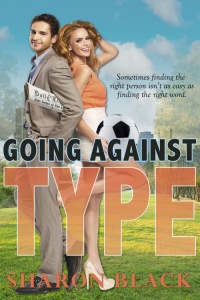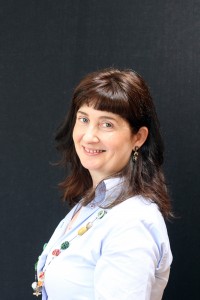Today, I’m delighted to introduce you to author, Ebberley Finch, and the #openinglines of her #debutnovel:
Lock, Stock and Harold.
Over to you, Ebberly…

It’s hard to believe I have even reached this point – Ebberley Finch is a published author with a blog spot on the fabulous Jenny Kane’s site. If this is something you are working towards, my advice is ‘stick at it’ the reward of actually publishing your debut novel is a thrill like no other.
The fun bits for me have been the writing, the editing and yes, even the marketing. The nightmare bits have been navigating the IT proficiency required, but with a little help from my friends and narrowly avoiding a divorce from my IT competent dearly beloved I got there.
The support and encouragement from people I hardly know has been a revelation and almost makes up for the 4 million hours I have spent getting this far. This evening I received a hand-written letter through my front door from someone I hardly know congratulating me on my achievement – how amazing! It certainly brought a tear to my eye — it was refreshing to have a tear of joy after all those hours swearing at my computer J.
So, what’s the book all about you ask? Well writing blurb is a whole new mystic art I haven’t even touched on. Who knew there were so many untold skills to learn at my advanced age? Here’s the version which superseded a host of discarded ones. I hope it does the book justice.
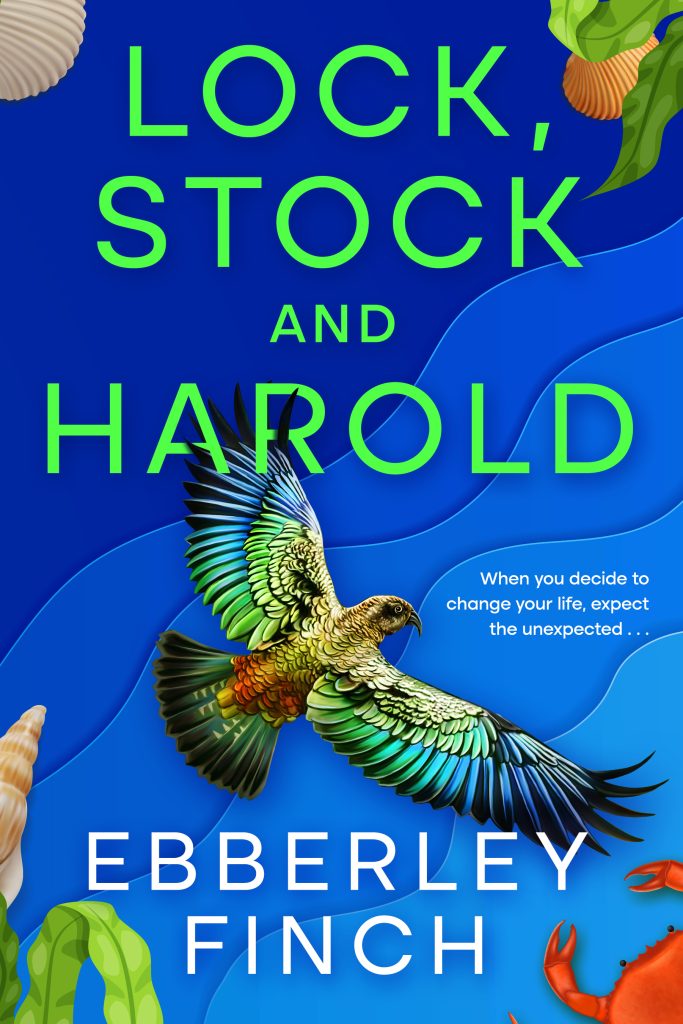
BLURB:
When you decide to change your life, expect the unexpected.
After a crushing break-up, Noah Wood ends up with no home, no job and no direction. With a wish-list in mind, he moves to the beautiful North Devon coast, hoping to rebuild his shattered confidence.
Inspired by his uncle, he buys an abandoned pet shop ‘Lock, Stock and Barrel’, only to find an unexpected item in the bagging area – a parrot called Harold.
Beginning to recognise how his past has shaped him, when the chance to find love and overcome his anxiety presents itself, Noah grasps the opportunity. But just as he dares to relax, disaster strikes.
Noah must salvage a life that’s been turned upside down if he is to have any chance of finding lasting happiness.

First 500 words of Lock, Stock and Harold:
Noah peered up and down the street searching for a landmark he recognised. The rest of the world were striding confidently towards their destinations. If they could do this, why couldn’t he? He reached for his phone and the security of Google maps, a tight band squeezing his chest. Perhaps everything would become clear at the corner? He slipped the phone back into his pocket and continued walking, but without conviction.
A small well-worn backpack contained the reason he had come to this part of town. Fresh lemongrass and curry leaves, galangal and rice paper wraps. When Daisy found out he was cooking spring rolls and kari ayam curry on Saturday, her face was sure to light up. Something he didn’t see very often these days.
He had been to this part of Slough a couple of times before and on reaching the corner, he scanned all directions for something to spark a memory. A rush hour street full of ethnic supermarkets, tattoo parlours and barber shops met his searching gaze. Buses and vans squeezed past cars parked on either side of the road, adding to the chaos of the scene. He had no idea which direction to take. Defeated, he pulled out his phone, keyed in the address of his flat and sloped back down the street he had just walked up. A cloud of inadequacy tailing him all the way home.
He climbed the stairwell of his apartment block, all towering magnolia and musty odour. Reaching the fourth floor, he glanced out over Slough’s urban sprawl, where heaving traffic emitted a steady rumble. How different would life feel if he lived somewhere with open space and the sound of the sea? Surely he wasn’t the only person unhappy to be sitting like a battery hen at his computer, laying golden eggs with the press of an ‘enter’ key and receiving crumbs of salary in return?
Giving himself a shake, Noah unlocked the door to his flat, pausing on the threshold. Thursday was Daisy’s tennis club evening and he didn’t expect her to be at home, but the place felt so bleak and hollow he couldn’t help calling out.
‘Hello, are you there?’ His words echoed into an empty space.
The living room could have been photographed for a magazine. This was Daisy’s preferred look, even though it was his flat. Swinging the backpack off his shoulder, he poked his head into the kitchen. Every surface gleamed. Not so much as a crumb on the toaster. It hadn’t been like this when he left for work in the morning.
Had his girlfriend been in one of her ‘I’m spring cleaning because you’ve done something wrong’ moods? A chill ran down his spine and he slowed his steps. A piece of lined paper torn roughly out of a pad lay next to the kettle. It was out of keeping in the pristine kitchen. Daisy’s looping script filled the page. He prodded it with a finger. As it moved the words…
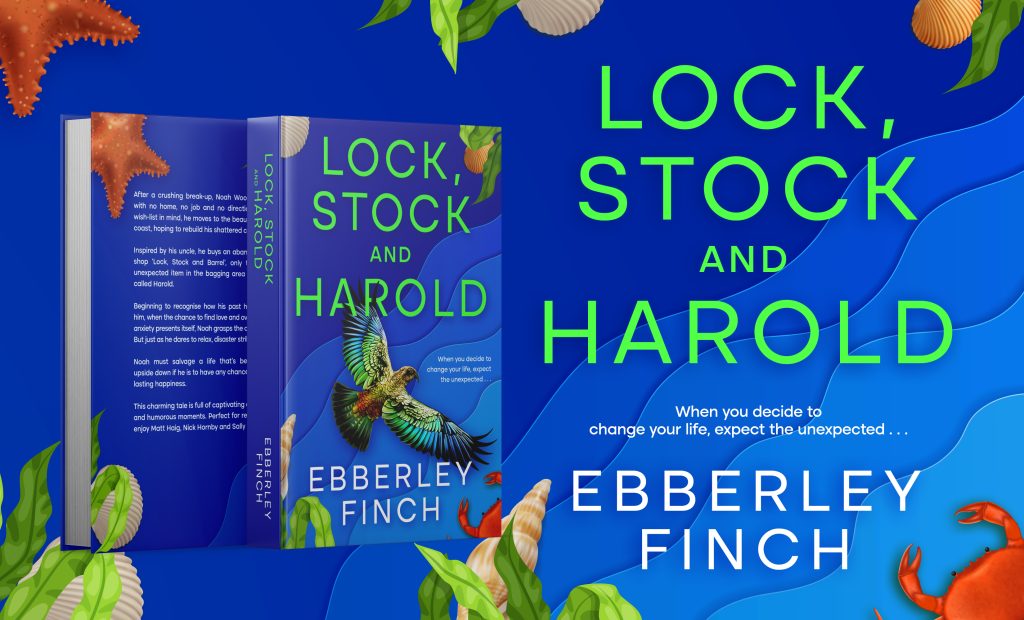
You can buy Lock, Stock and Harold from Amazon via this link: Lock, Stock and Harold: When you decide to change your life, expect the unexpected : Finch, Ebberley: Amazon.co.uk: Books
 Bio
Bio
Ebberley Finch, worked in the corporate world for many years, both in the UK and abroad. Leaping into a radical career change, she relocated to Devon to run a B&B and holiday cottage business six years ago. Once that new business was up and running Ebberley finally had the time to write.
Having started anew several times herself, she enjoys exploring new beginnings and the friendships, rewards and challenges that come with them. This theme runs through all her novels so far. Lock, Stock and Harold is her debut novel. Her second novel will be published in Spring 2025.
LINKS:
Website: www.ebberleyfinch.com
Facebook: @ebberleyfinch
Instagram: @ebberleyfinchauthor
It’s always an honour to share some opening lines with you. Today. however, it’s a particularly special treat as Ebberly is a former member of my #novelinayear, group. Right now, I’m an extremely proud tutor!
Happy reading everyone,
Jenny x

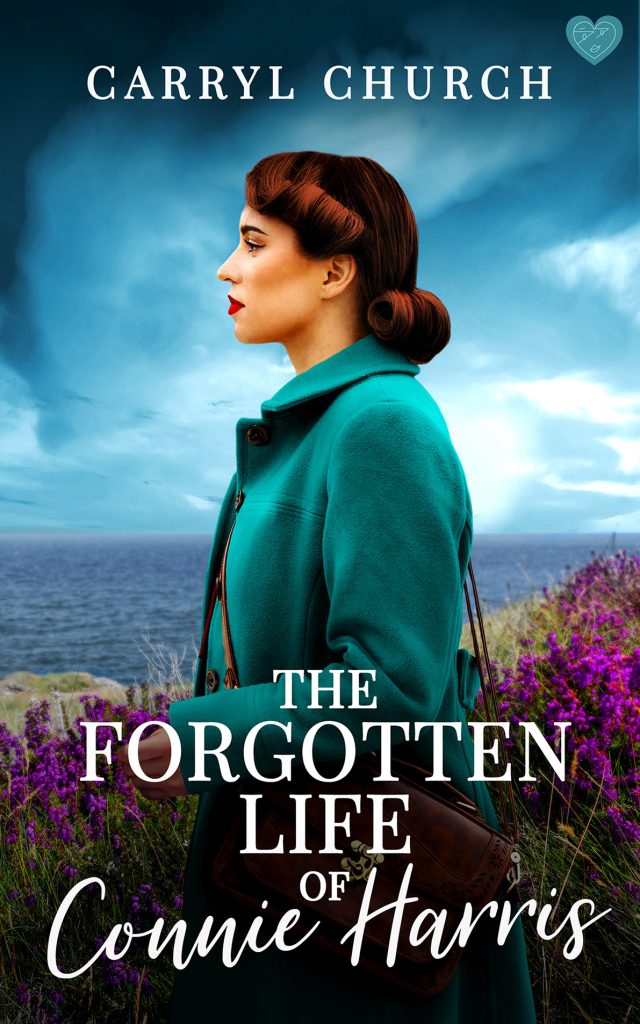
 Bio:
Bio: 
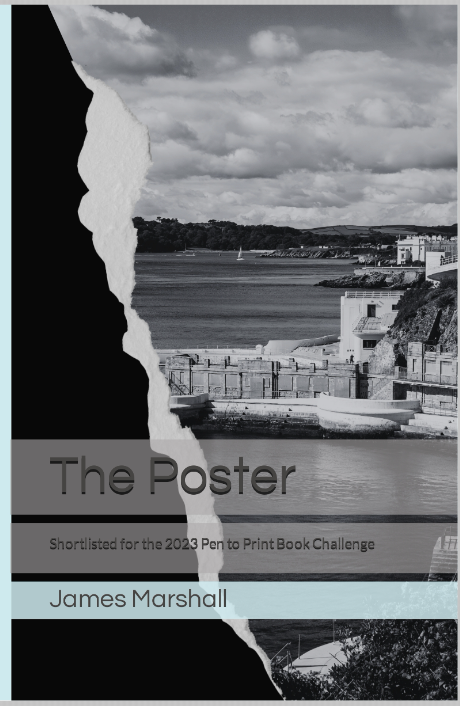
 Bio
Bio
